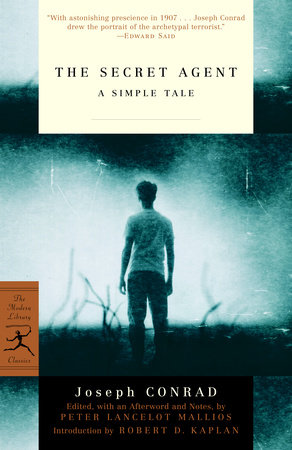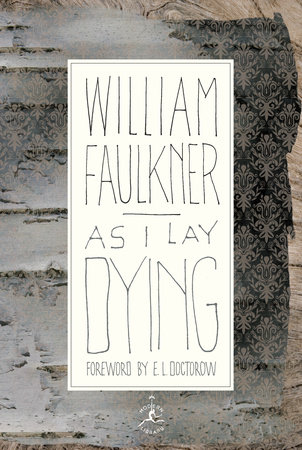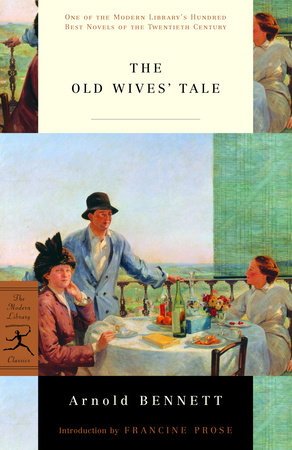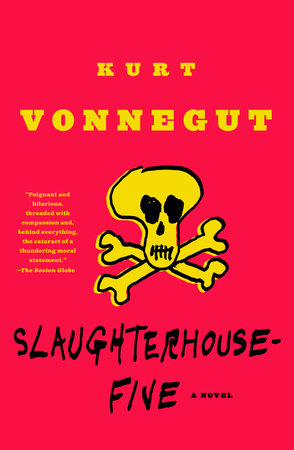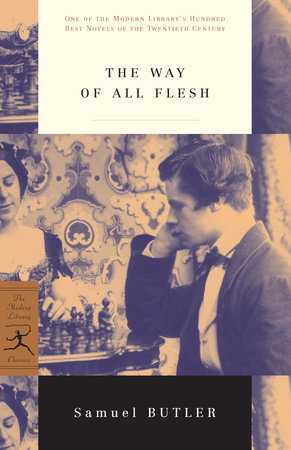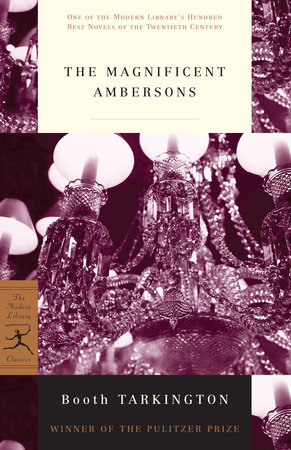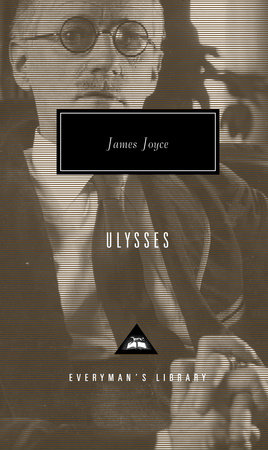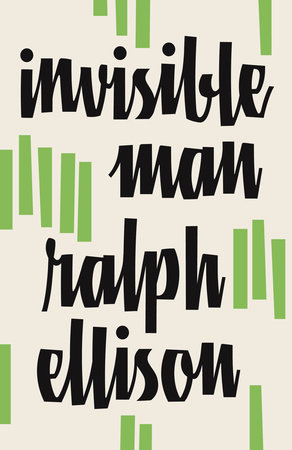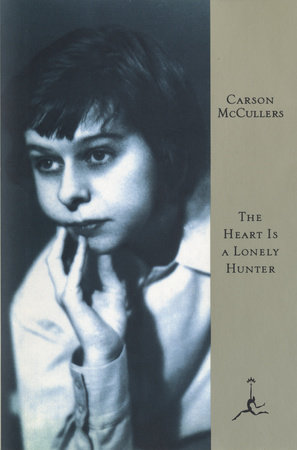Excerpt
The Secret Agent
I
Mr. Verloc, going out in the morning, left his shop nominally in charge of his brother-in-law. It could be done, because there was very little business at any time, and practically none at all before the evening. Mr. Verloc cared but little about his ostensible business. And, moreover, his wife was in charge of his brother-in-law.
The shop was small, and so was the house. It was one of those grimy brick houses which existed in large quantities before the era of reconstruction dawned upon London.1 The shop was a square box of a place, with the front glazed in small panes. In the daytime the door remained closed; in the evening it stood discreetly but suspiciously ajar.
The window contained photographs of more or less undressed dancing girls; nondescript packages in wrappers like patent medicines; closed yellow paper envelopes, very flimsy, and marked two and six in heavy black figures; a few numbers of ancient French comic publications hung across a string as if to dry; a dingy blue china bowl, a casket of black wood, bottles of marking ink, and rubber stamps; a few books, with titles hinting at impropriety; a few apparently old copies of obscure newspapers, badly printed, with titles like The Torch, The Gong—rousing titles.2 And the two gas jets inside the panes were always turned low, either for economy’s sake or for the sake of the customers.
These customers were either very young men, who hung about the window for a time before slipping in suddenly; or men of a more mature age, but looking generally as if they were not in funds. Some of that last kind had the collars of their overcoats turned right up to their moustaches, and traces of mud on the bottom of their nether garments, which had the appearance of being much worn and not very valuable. And the legs inside them did not, as a general rule, seem of much account either. With their hands plunged deep in the side pockets of their coats, they dodged in sideways, one shoulder first, as if afraid to start the bell going.
The bell, hung on the door by means of a curved ribbon of steel, was difficult to circumvent. It was hopelessly cracked; but of an evening, at the slightest provocation, it clattered behind the customer with impudent virulence.
It clattered; and at that signal, through the dusty glass door behind the painted deal counter, Mr. Verloc would issue hastily from the parlour at the back. His eyes were naturally heavy; he had an air of having wallowed, fully dressed, all day on an unmade bed. Another man would have felt such an appearance a distinct disadvantage. In a commercial transaction of the retail order much depends on the seller’s engaging and amiable aspect. But Mr. Verloc knew his business, and remained undisturbed by any sort of æsthetic doubt about his appearance. With a firm, steady eyed impudence, which seemed to hold back the threat of some abominable menace, he would proceed to sell over the counter some object looking obviously and scandalously not worth the money which passed in the transaction: a small cardboard box with apparently nothing inside, for instance, or one of those carefully closed yellow flimsy envelopes, or a soiled volume in paper covers with a promising title. Now and then it happened that one of the faded, yellow dancing-girls would get sold to an amateur, as though she had been alive and young.
Sometimes it was Mrs. Verloc who would appear at the call of the cracked bell. Winnie Verloc was a young woman with a full bust, in a tight bodice, and with broad hips. Her hair was very tidy. Steady eyed like her husband, she preserved an air of unfathomable indifference behind the rampart of the counter. Then the customer of comparatively tender years would get suddenly disconcerted at having to deal with a woman, and with rage in his heart would proffer a request for a bottle of marking ink, retail value sixpence (price in Verloc’s shop one and sixpence), which, once outside, he would drop stealthily into the gutter.
The evening visitors—the men with collars turned up and soft hats rammed down—nodded familiarly to Mrs. Verloc, and with a muttered greeting, lifted up the flap at the end of the counter in order to pass into the back parlour, which gave access to a passage and to a steep flight of stairs. The door of the shop was the only means of entrance to the house in which Mr. Verloc carried on his business of a seller of shady wares, exercised his vocation of a protector of society, and cultivated his domestic virtues. These last were pronounced. He was thoroughly domesticated. Neither his spiritual, nor his mental, nor his physical needs were of the kind to take him much abroad. He found at home the ease of his body and the peace of his conscience, together with Mrs. Verloc’s wifely attentions and Mrs. Verloc’s mother’s deferential regard.
Winnie’s mother was a stout, wheezy woman, with a large brown face. She wore a black wig under a white cap. Her swollen legs rendered her inactive. She considered herself to be of French descent, which might have been true; and after a good many years of married life with a licensed victualler3 of the more common sort, she provided for the years of widowhood by letting furnished apartments for gentlemen near Vauxhall Bridge Road in a square once of some splendour and still included in the district of Belgravia.4 This topographical fact was of some advantage in advertising her rooms; but the patrons of the worthy widow were not exactly of the fashionable kind. Such as they were, her daughter Winnie helped to look after them. Traces of the French descent which the widow boasted of were apparent in Winnie too. They were apparent in the extremely neat and artistic arrangement of her glossy dark hair. Winnie had also other charms: her youth; her full, rounded form; her clear complexion; the provocation of her unfathomable reserve, which never went so far as to prevent conversation, carried on on the lodgers’ part with animation, and on hers with an equable amiability. It must be that Mr. Verloc was susceptible to these fascinations. Mr. Verloc was an intermittent patron. He came and went without any very apparent reason. He generally arrived in London (like the influenza) from the Continent, only he arrived unheralded by the Press; and his visitations set in with great severity. He breakfasted in bed, and remained wallowing there with an air of quiet enjoyment till noon every day—and sometimes even to a later hour. But when he went out he seemed to experience a great difficulty in finding his way back to his temporary home in the Belgravian square. He left it late, and returned to it early—as early as three or four in the morning; and on waking up at ten addressed Winnie, bringing in the breakfast tray, with jocular, exhausted civility, in the hoarse, failing tones of a man who had been talking vehemently for many hours together. His prominent, heavy-lidded eyes rolled sideways amorously and languidly, the bedclothes were pulled up to his chin, and his dark smooth moustache covered his thick lips capable of much honeyed banter.
In Winnie’s mother’s opinion Mr. Verloc was a very nice gentleman. From her life’s experience gathered in various “business houses” the good woman had taken into her retirement an ideal of gentlemanliness as exhibited by the patrons of private-saloon bars. Mr. Verloc approached that ideal; he attained it, in fact.
“Of course, we’ll take over your furniture, mother,” Winnie had remarked.
The lodging house was to be given up. It seems it would not answer to carry it on. It would have been too much trouble for Mr. Verloc. It would not have been convenient for his other business. What his business was he did not say; but after his engagement to Winnie he took the trouble to get up before noon, and descending the basement stairs, make himself pleasant to Winnie’s mother in the breakfast room downstairs where she had her motionless being. He stroked the cat, poked the fire, had his lunch served to him there. He left its slightly stuffy cosiness with evident reluctance, but, all the same, remained out till the night was far advanced. He never offered to take Winnie to theatres, as such a nice gentleman ought to have done. His evenings were occupied. His work was in a way political, he told Winnie once. She would have, he warned her, to be very nice to his political friends. And with her straight, unfathomable glance she answered that she would be so, of course.
How much more he told her as to his occupation it was impossible for Winnie’s mother to discover. The married couple took her over with the furniture. The mean aspect of the shop surprised her. The change from the Belgravian square to the narrow street in Soho5 affected her legs adversely. They became of an enormous size. On the other hand, she experienced a complete relief from material cares. Her son-in-law’s heavy good nature inspired her with a sense of absolute safety. Her daughter’s future was obviously assured, and even as to her son Stevie she need have no anxiety. She had not been able to conceal from herself that he was a terrible encumbrance, that poor Stevie. But in view of Winnie’s fondness for her delicate brother, and of Mr. Verloc’s kind and generous disposition, she felt that the poor boy was pretty safe in this rough world. And in her heart of hearts she was not perhaps displeased that the Verlocs had no children. As that circumstance seemed perfectly indifferent to Mr. Verloc, and as Winnie found an object of quasi-maternal affection in her brother, perhaps this was just as well for poor Stevie.
For he was difficult to dispose of, that boy. He was delicate and, in a frail way, good-looking too, except for the vacant droop of his lower lip. Under our excellent system of compulsory education6 he had learned to read and write, notwithstanding the unfavourable aspect of the lower lip. But as errand-boy he did not turn out a great success. He forgot his messages; he was easily diverted from the straight path of duty by the attractions of stray cats and dogs, which he followed down narrow alleys into unsavoury courts; by the comedies of the streets, which he contemplated open mouthed, to the detriment of his employer’s interests; or by the dramas of fallen horses, whose pathos and violence induced him sometimes to shriek pierceingly in a crowd, which disliked to be disturbed by sounds of distress in its quiet enjoyment of the national spectacle. When led away by a grave and protecting policeman, it would often become apparent that poor Stevie had forgotten his address—at least for a time. A brusque question caused him to stutter to the point of suffocation. When startled by anything perplexing he used to squint horribly. However, he never had any fits (which was encouraging); and before the natural outbursts of impatience on the part of his father he could always, in his childhood’s days, run for protection behind the short skirts of his sister Winnie. On the other hand, he might have been suspected of hiding a fund of reckless naughtiness. When he had reached the age of fourteen a friend of his late father, an agent for a foreign preserved milk firm, having given him an opening as office boy, he was discovered one foggy afternoon, in his chief’s absence, busy letting off fireworks on the staircase. He touched off in quick succession a set of fierce rockets, angry catherine wheels, loudly exploding squibs—and the matter might have turned out very serious. An awful panic spread through the whole building. Wild-eyed, choking clerks stampeded through the passages full of smoke, silk hats and elderly business men could be seen rolling independently down the stairs. Stevie did not seem to derive any personal gratification from what he had done. His motives for this stroke of originality were difficult to discover. It was only later on that Winnie obtained from him a misty and confused confession. It seems that two other office-boys in the building had worked upon his feelings by tales of injustice and oppression till they had wrought his compassion to the pitch of that frenzy. But his father’s friend, of course, dismissed him summarily as likely to ruin his business. After that altruistic exploit Stevie was put to help wash the dishes in the basement kitchen, and to black the boots of the gentlemen patronising the Belgravian mansion. There was obviously no future in such work. The gentlemen tipped him a shilling now and then. Mr. Verloc showed himself the most generous of lodgers. But altogether all that did not amount to much either in the way of gain or prospects; so that when Winnie announced her engagement to Mr. Verloc her mother could not help wondering, with a sigh and a glance towards the scullery, what would become of poor Stephen now.
It appeared that Mr. Verloc was ready to take him over together with his wife’s mother and with the furniture, which was the whole visible fortune of the family. Mr. Verloc gathered everything as it came to his broad, goodnatured breast. The furniture was disposed to the best advantage all over the house, but Mrs. Verloc’s mother was confined to two back rooms on the first floor. The luckless Stevie slept in one of them. By this time a growth of thin fluffy hair had come to blur, like a golden mist, the sharp line of his small lower jaw. He helped his sister with blind love and docility in her household duties. Mr. Verloc thought that some occupation would be good for him. His spare time he occupied by drawing circles with compass and pencil on a piece of paper. He applied himself to that pastime with great industry, with his elbows spread out and bowed low over the kitchen table. Through the open door of the parlour at the back of the shop Winnie, his sister, glanced at him from time to time with maternal vigilance.


